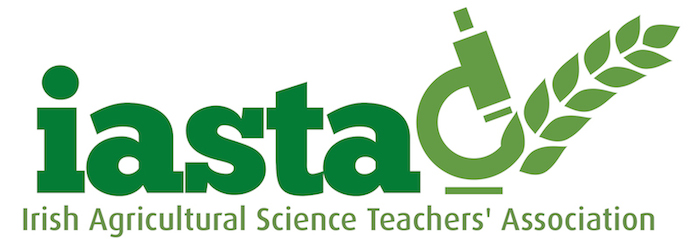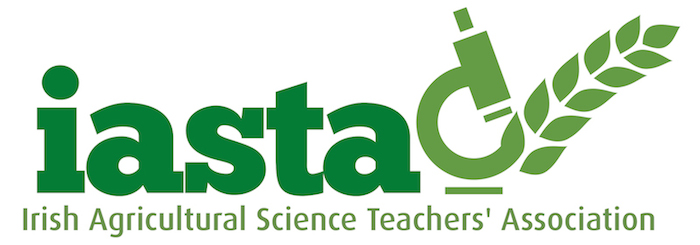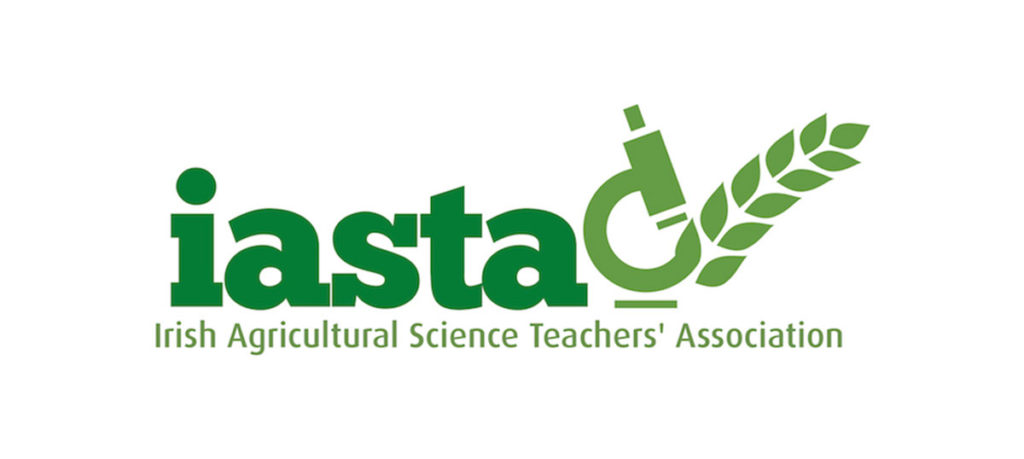IASTA Members’ Survey Reveals Significant Issues with New Specification & the Individual Investigative Study
The results of the recent IASTA members’ survey reveal significant frustration and anxiety amongst teachers of Agricultural Science emanating from the learning outcomes model of the new specification, the Individual Investigative Study and the impact of Covid-19 on teaching and learning in our subject.
The survey results reveals a lack of clarity in the structure of the new specification and, in particular, the use of vague learning outcomes. Teachers are clearly struggling to ascertain the depth of treatment required within each learning outcome, which no doubt is also a significant factor in the lack of confidence amongst the respondents in teaching the specification. A large proportion of the respondents reported a lack confidence in completing the specification content on time while even larges numbers report major difficulties in completing the Individual Investigative Study before the April 16th deadline. It is reported that the Covid-19 pandemic and the loss of class contact time is a major contributing factor but training, via in-person and online webinars, is also deemed insufficient by the respondents. There is also frustration with the sample examination papers published by the State Examinations Commission with a majority feeling they do not reflect the learning outcomes within the specification.
Of most significance is the high levels of stress reported by the respondents of the survey, directly related to their facilitation of the new Agricultural Science specification and its assessment.
The survey was carried out over 10 days, from January 11th to January 20th 2021 and we were delighted to receive 278 responses from IASTA members over this period. This represents over 50% of the membership and provides a fair reflection of the memberships’ feeling on the new specification and its implementation. The survey itself contains 14 questions, each designed to gather data with a 5 point Likert scale (e.g. 1 = Very Clear, 5 = Not Very Clear). Respondents were also invited to make individual comments at the end of the survey.
The following is extracted from the report’s conclusion:
Significant issues exist within the new specification for Agricultural Science and how it has been implemented across Irish schools. It is clear that most of the issues pertain to the nature of the learning outcomes within the specification, and the perceived lack of depth of treatment. It is clear that teachers urgently require additional support in this area. This is reflecting itself in a lack of confidence in delivering the specification, which must be a concern for all stakeholders. The issues highlighted within the sample examination paper are also reflective of this lack of depth of treatment. If a detailed breakdown of each learning outcome was provided, many of the issues with the paper would disappear.
The other major issue highlighted within the survey is the Individual Investigative Study and, specifically, the impact the pandemic has had on the ability of students to complete their experiments. A lack of class contact time, laboratory time, access to garden centres / hardware stores (to purchase seeds, compost and other supplies) and access to farms during the first lockdown (at a time when the vast majority would have hoped to complete the investigation) has considerable hampered their progress. Multiple comments within the open questions indicate the severity of the situation with the Individual Investigative Study. There are also issues within the structure of this element of the assessment that are not related to COVID-19, such as how weaker students can be accommodated, highlighted within the open questions.
Rather worryingly, there is significant stress amongst this cohort of Agricultural Science teachers at the moment, owing to the issues highlighted, and this should be of concern to all stakeholders involved, within the education sphere and the agricultural sector.
The Executive of the Irish Agricultural Science Teachers’ Association is keen to work with all stakeholders to help address these issues, which we feel strongly will impact the success of our subject and the future of agriculture in Ireland. IASTA warmly welcomed the new specification in January 2019 and still remain a strong supporter of the new specification; however, we urge the various branches of the Department of Education & Skills to work with us to address the issues highlighted by our members in this report.




I took on my first Agricultural Science teaching job last year. I feel absolutely lost with the new specifications. With no experience of the previous curriculum to fall back on I have no idea if I’m doing enough in each area. I was at my first inservice on the IIS on the day the first lockdown was announced. I don’t know how our students can be expected to do this project with no access to farms or school during the growing season and teachers who haven’t received adequate training and are not sure exactly what needs to be done trying to guide them remotely. It’s not fair on them or on us!